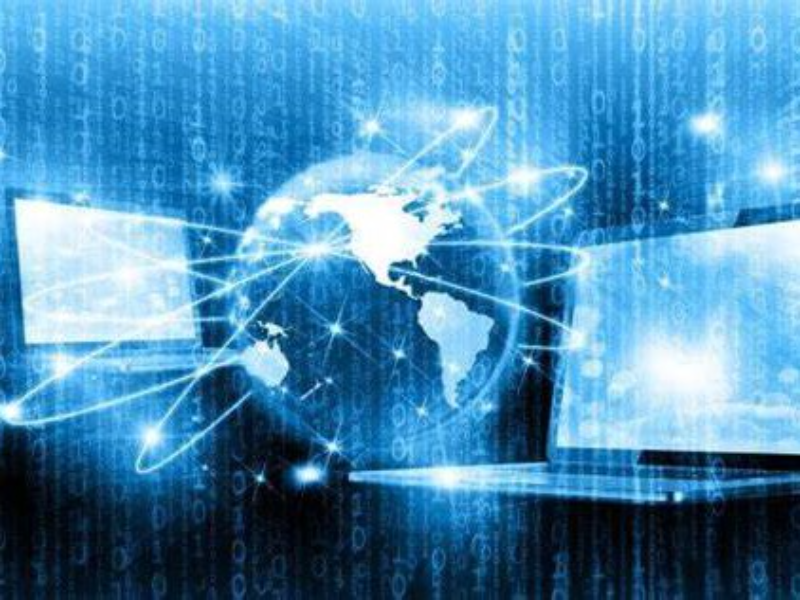- The digital divide exacerbates social inequalities across various domains, including social isolation, education, employment, and healthcare.
- Addressing the digital divide is crucial for mitigating its far-reaching social consequences. Efforts should focus on expanding access to devices and high-speed internet, promoting digital literacy, and ensuring that all individuals, regardless of background, can fully participate in the digital world, thereby fostering a more equitable society.
In an era where technology has become the backbone of modern society, the digital divide emerges as a critical social issue that exacerbates existing inequalities. It is not merely about access to devices and internet connectivity; it is also about the skills needed to navigate the digital world. Let’s delve into the social implications of the digital divide, exploring its impact on education, employment, and healthcare.
What is the digital divide
The digital divide refers to the gap between demographics and regions that have access to modern information and communication technology (ICT), and those that don’t or have restricted access. This disparity can occur along various dimensions including geographical, economic, educational, and generational lines. People on the wrong side of the digital divide—usually those in lower income households, certain ethnic groups, older populations, and those living in rural or underdeveloped areas—are often excluded from the full benefits of the digital age.
Also read: What causes digital divide and how to close it?
Also read: The crystal ball of the digital age: Predictive analytics
The social impact of digital divide
Social isolation and participation
ICT services, notably social media platforms like Facebook, Instagram, and Twitter, have become central to social engagement in today’s interconnected world, facilitating personal and professional networking. These digital tools empower users to express views, share information, consume news, and participate civically. During crises such as the COVID-19 pandemic, reliance on online content for communication and learning has surged. However, individuals without access to digital technologies face social exclusion and potential isolation, barred from the communicative benefits enjoyed by the connected, which can negatively impact mental health and overall well-being. This disparity amplifies tensions between digitally included and excluded groups, particularly in areas where digital resource availability varies widely, exacerbating social divides.
Educational disparities and remote learning
The digital divide has profound implications for education. Students from low-income backgrounds often lack access to computers and high-speed internet, which are essential for completing homework and accessing educational resources online. This gap widens academic disparities, as those with access can engage in self-paced learning and utilise digital tools for research and collaboration, whereas those without are left behind. The pandemic further highlighted these disparities, with remote learning becoming the norm and underscoring the urgency of bridging this gap.
Employment opportunities and the skills gap
In the job market, the digital divide affects employment opportunities disproportionately. Many jobs now require digital literacy, from basic computer skills to more advanced competencies like coding and data analysis. Those without access to the necessary technology or training are at a significant disadvantage, limiting their career prospects. This skills gap perpetuates economic inequality, as the most lucrative jobs become increasingly inaccessible to those lacking digital skills.
Healthcare access and outcomes
Healthcare services are also being transformed by digital technologies, from telemedicine to online health information platforms. While these advancements offer convenience and improved access to medical care for many, they simultaneously create barriers for those on the wrong side of the digital divide. Patients without reliable internet or digital literacy may miss out on virtual consultations, online appointment booking, and digital health records, leading to poorer health outcomes and increased healthcare costs.

